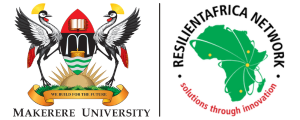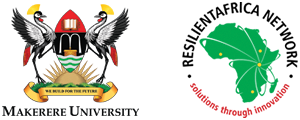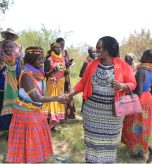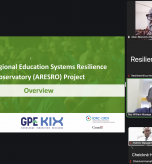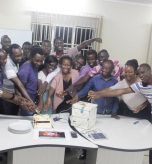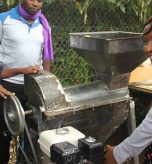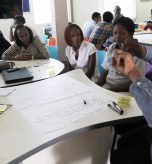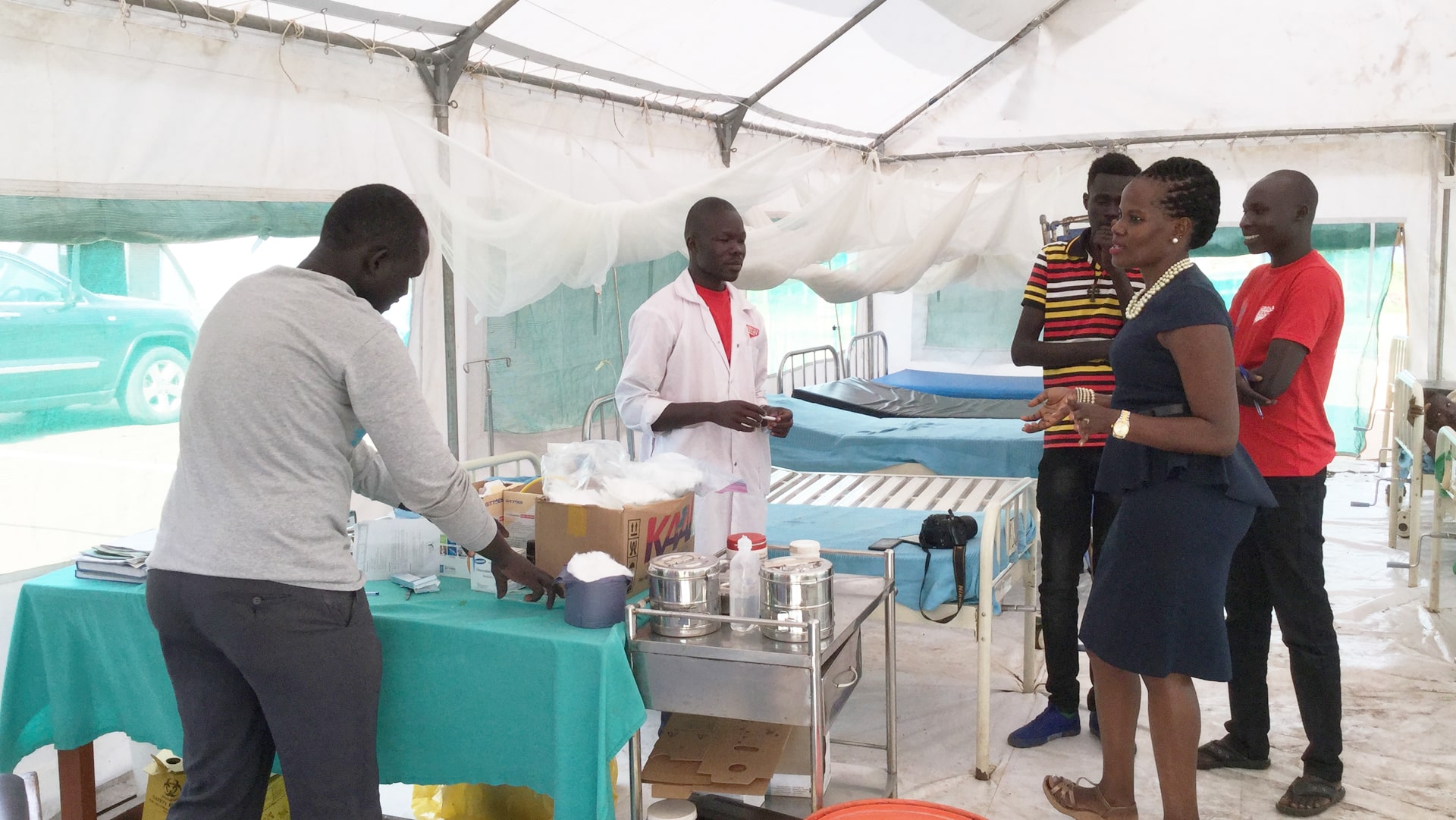
Expanding the Manufacturing of the next generation tent to provide treatment and Isolation units for Covid-19
Background
The global emergency brought about by the Coronavirus (Covid-19) has stretched countries’ response capacity to the limit. In Africa, cases are rising by the day and eventually, there will be inevitable need for a large number of hospital beds to accommodate those who are severely ill. Yet Africa suffers from immense infrastructure gaps and is already overburdened with many prevalent acute and chronic disease conditions that need to be addressed – the current health systems are at the limit. A sudden upsurge in cases will need alternative means to cope with the need for hospitalization. Makerere University School of Public Health, through the ResilientAfrica Network (RAN) has developed the EpiTent – a re-imagined tent for emergency service delivery, designed for hot humid climates. It has two versions: 1) an ordinary version (Known as the Low-End Version), that provides space for a typical hospital ward, and 2) an optimally accessorized version, (known as ‘the Portable Hospital’ or the High-End Version). These structures are made from cheap material that is available locally and can be produced by both high-end manufacturers and low-end artisans.
Statement of the problem
Coronavirus (COVID-19), which originated from Wuhan, China, has spread to at least 180 countries worldwide including 49 countries in Africa (WHO 2020, Africa CDC, 2020). Up to April 1, 2020, the cumulative number of confirmed cases are 889,504 with 44,916 reported deaths globally (JHU live updates, April 1, 2020). The increasing number of confirmed have posed a great challenge to the health systems of all affected countries including high income countries. With the increasing cases in African countries, there is need to prepare the health system to respond to this pandemic especially increasing the bed capacity.
Because of current requirements for infection prevention as outlined by WHO, the standard unit for providing care to Covid-19 patients requires some essentials including; 1) An arrival/triage area; 2) an isolation ward for confirmed cases; 3) a treatment ward for confirmed cases including an intensive care unit for advanced cases; 4) a PPE dressing area; 5) A PPE removal and sanitization area; 6) staff room/information management office. However, majority of the countries affected by the coronavirus pandemic have other major health system constraints and are unlikely to afford rapid construction of permanent hospitals (with 6 requirements above) for response to this pandemic. In addition, where the epidemic is widespread like Italy, Spain, USA and other European countries, establishment of fully built isolation units (Hospitals) in multiple localities has not proved feasible due to severe resource constraints and the urgent need to contain the wide spread of the disease. In Uganda and other African countries, it has been reported that existing health facilities have been abandoned by patients seeking care for other common diseases due to the fear of being infected by Corona disease. This has posed an immense risk to the health systems across nations. Due to such constraints and learning from similar epidemic like Ebola, most treatment and isolation units depend on temporary structures that are rapidly deployable – the tent is the hall-mark of such structures.
The Proposed solution
EpiTent Limited is a subsidiary of Makerere University charged with developing a Go-To-Market strategy for scaling the EpiTent. The team’s flagship product was the Humane Emergency Use Canopy and Accessories (HEUCA). This was a prize winning and ground-breaking tent originally designed for the Ebola Grand Challenge of 2015. The United States Agency for International Development (USAID) partnered with the White House Office of Science and Technology Policy, the Center for Disease Control and Prevention and the U.S. Department of Defence to setup the Ebola grand challenge whose objective was to look for solutions that brought innovation to the care-giving setting for health workers operating directly in contact with Ebola patients. Emphasis was on four categories namely protective wear, work environment, communication methods and tools, and the diagnosis of disease. HEUCA was a finalist and grant winner in the work environment category. Working with a multidisciplinary team of innovators at ResilientAfrica Network (RAN), a project under the Makerere University School of Public Health, and with support from USAID, we were able to come up with a cutting edge “Next Generation Tent” code named “Epi Tent”.
EpiTent is a portable habitation solution for humanitarian emergencies. It is Humane Emergency Use Canopies and Accessories. EpiTent is the result of a call for proposals to improve the lives of caregivers during the west African Ebola outbreak of 2014. One major setback to current tents in use in Africa today is the heat. EpiTent solves this problem by passively lowering the temperature by over ten degrees Celsius more than any other product on the market today. EpiTent cuts down on the humidity by over ninety-five percent which greatly contributes to the temperature reduction. EpiTent cuts down on the humidity by over ninety-five percent which greatly contributes to the temperature reduction. Additionally, the general design of the tent allows people inside greater interaction with the external environment while keeping out negative aspects like bad weather and airborne pests such as mosquitoes. The design was tested and was found to protect the Health care workers and Patients from contamination and transmission of diseases while in admission. It is accessorised to allow for hospital use thus no need to procure accessories like drip stands, worktops, etc. Each of the current tent can accommodate 50-80 patients and we are looking at enlarging the design to accommodate more than 100 patients. We shall also produce tents for export in other African countries affected by corona virus.
Our two tents are currently in use in one of the hottest parts of Uganda Adjumani district at a refugee hospital and the regional referral hospital.
The High End ‘Portable Hospital’ Tent
We have studied the service delivery environment of standard hospital settings in LICs and identified 12 accessories that can transform the tent into a much more convenient space for placement of fixtures that support service delivery. These accessories take advantage of the strong rigid steel backbone of the tent, to which several accessories can be attached. These allow fixing of various appliances like work-tops, electricity, TV monitors etc. The tent is then easily transformable into a ‘Portable Hospital.
Note: Additional fittings vary in cost and require to be negotiated.
With this background, ResilientAfrica Network will embark on massive production of the next generation tents to respond to this pandemic in case Uganda is overwhelmed by Covid-19 to require several isolation centers.
